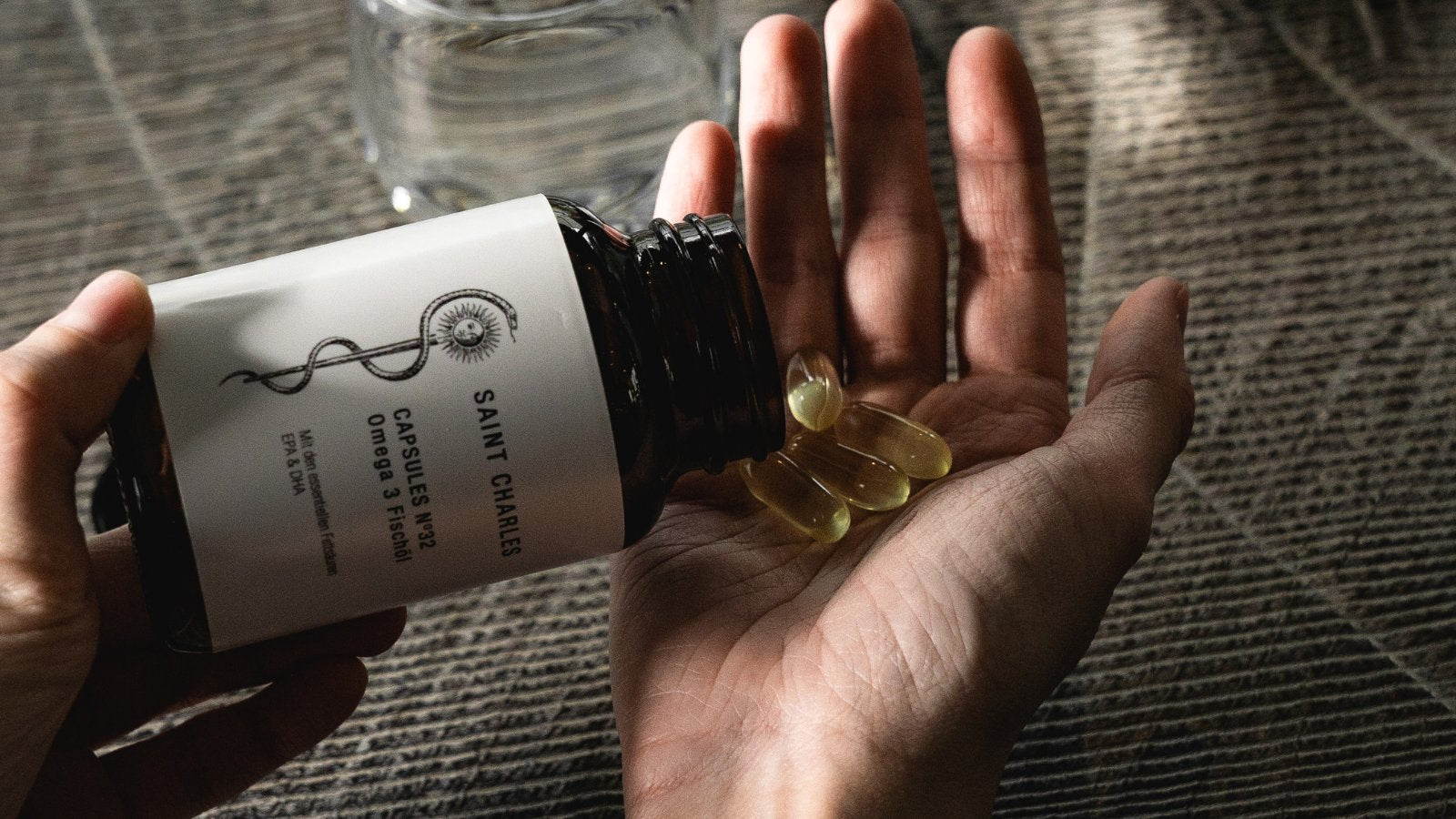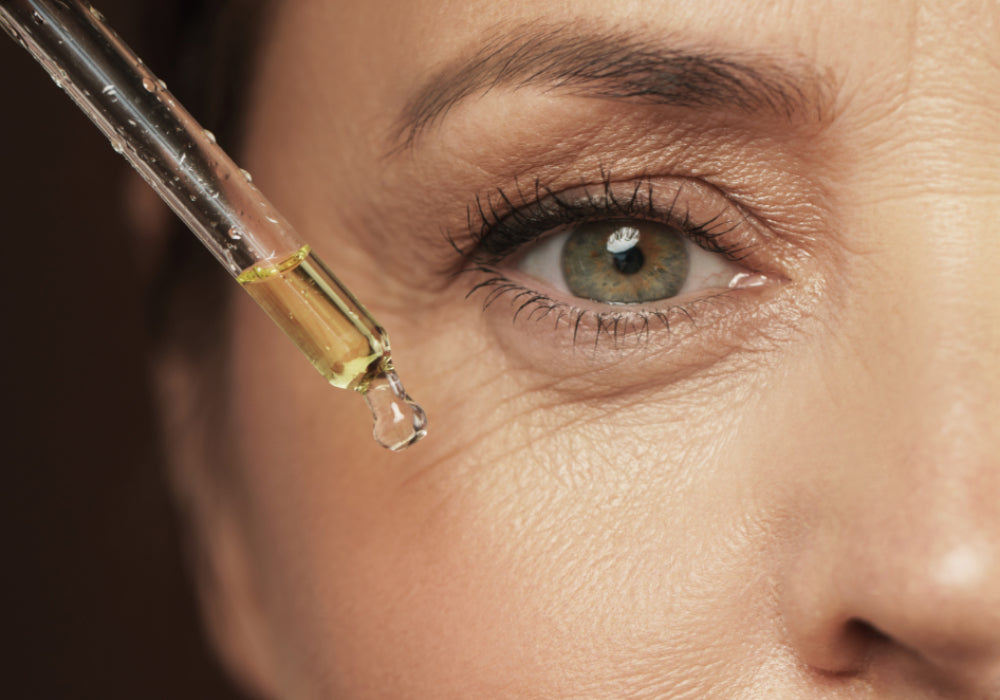Sunlight on the skin not only has a pleasant warming function. It also leads to the synthesis of vitamin D, which, among many other processes in the body, regulates our sex hormone balance in a complex interaction. But to what extent does vitamin D affect fertility? This and many other questions will be explored in this article.
What does vitamin D have to do with fertility and the desire to have children?
Scientists have investigated the connection between female fertility and sunlight in various studies. It could be proven that vitamin D is responsible for the control of more than 1,000 genes. Vitamin D is particularly relevant for cell growth and our immune system. It could be shown that the activity of the ovaries tends to be higher in the summer months and that sunlight has a direct influence on the length of the menstrual cycle. Since vitamin D is involved in the synthesis of oestrogen and progesterone, a deficiency can affect hormone production and ovulation.
A good supply of vitamin D therefore increases fertility. Regular examination of vitamin D status is therefore advisable if you wish to have children.
Symptoms of vitamin D deficiency
As we now know, exposure to sunlight helps to produce sufficient amounts of vitamin D. In our latitudes, however, a deficiency is common. This is because in the winter months, the hours of sunlight that are essential for production are rare and the sun's rays are too weak. Studies show that up to 60% of adults in Central Europe are undersupplied. You can find more information about this problem here.
The following symptoms can indicate a vitamin D deficiency in a woman: Hair loss, increased susceptibility to infections, fatigue, depressive moods, muscle weakness, muscle pain and/ or aching limbs, and menstrual irregularities (especially with regard to delayed or absent ovulation).
The optimal target values for those who wish to have children are vitamin D values between 30 and 70 nanograms per millilitre.
Note: In principle, it is not uncommon for a vitamin D deficiency to be subject to strong seasonal fluctuations. Therefore, a one-time test, and an associated low vitamin D status, cannot be assumed to indicate a long-term vitamin D deficiency.
Does vitamin D deficiency affect fertility?
Vitamin D deficiency does not directly lead to infertility. However, science shows that women with an adequate vitamin D supply have a four times higher pregnancy rate than women with an undersupply of vitamin D. It is thought that vitamin D has a positive effect on the lining of the uterus and its ability to absorb nutrients.
Can I get pregnant with a vitamin D deficiency?
Yes, it is possible. However, studies show that women with higher vitamin D levels can get pregnant more quickly than women with low vitamin D levels or a vitamin D deficiency.
What is the optimal vitamin D dosage for women who want to have children?
Women with a vitamin D level of less than 24 nanograms per millilitre should take 4,000 IU per day. For people with a vitamin D level between 24-30 nanograms per millilitre, we recommend taking 2,000 IU per day.
Can I overdose on vitamin D?
If used sensibly and appropriately, vitamin D supplements can hardly be overdosed. However, if you take much too high a dose over a long period of time, you can get too much calcium in your blood (hypercalcaemia). Such an excessive intake of calcium, however, was only observed in studies at a daily dose of 40,000 IU vitamin D. The common recommended dose of 3000 - 5000 IU is thus much lower.
Our recommendation: Vitamin D supplements should always be taken only after a laboratory examination, after consultation with the doctor. This also helps to define the optimal dose.
If you have any further questions about vitamin D and suitable preparations, please do not hesitate to contact our pharmacists at Saint Charles Apotheke Vienna or Berlin. We will be happy to advise you!







